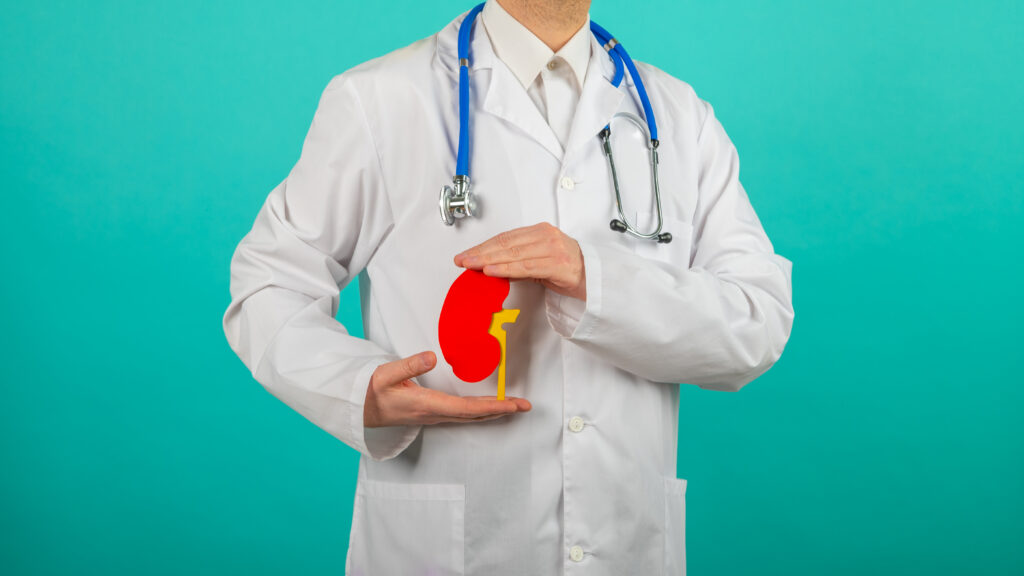Interstitial nephritis is a type of kidney inflammation that affects the spaces between the kidney’s tiny filters. This condition can harm your kidney health and may lead to serious problems if not treated. Understanding interstitial nephritis, its causes, symptoms, diagnosis, and treatment is important for everyone. Early care can help protect your kidneys and overall well-being.
What is Interstitial Nephritis?
Interstitial nephritis means the tissue around the kidney filters becomes swollen or inflamed. The kidneys filter waste and extra water from your blood. When this tissue is inflamed, your kidneys cannot work as well. There are two main types:
Because the kidneys are vital for your health, any inflammation can have serious effects. But with early care, many people recover well.
Causes of Interstitial Nephritis
Many things can cause interstitial nephritis. Often, medicines or infections are to blame. Sometimes, the cause is not clear. Here are common causes:
For example, using certain medicines for a long time can raise your risk. Always talk to your doctor before starting or stopping any medicine.
Common Symptoms
Symptoms of interstitial nephritis can be mild or severe. Sometimes, people do not notice any signs at first. However, watch for these common symptoms:
If you notice these symptoms, especially after starting a new medicine, seek medical help right away.
Diagnosis Methods
Doctors use several tests to diagnose interstitial nephritis. Early diagnosis helps prevent kidney damage. Common methods include:
Because symptoms can be similar to other kidney problems, these tests help find the exact cause.
Treatment Options
Treatment for interstitial nephritis depends on the cause. The main goal is to reduce inflammation and protect kidney health. Common treatments include:
In some cases, people may need dialysis if the kidneys are not working well. However, most people recover if treated early.
Prevention and Lifestyle Tips
While not all cases can be prevented, you can lower your risk of interstitial nephritis. Try these tips for better kidney health:
Additionally, eating a balanced diet and staying active can help keep your kidneys healthy.
Consult a nephrologist for personalized advice. Early care and the right treatment can make a big difference in your kidney health.
